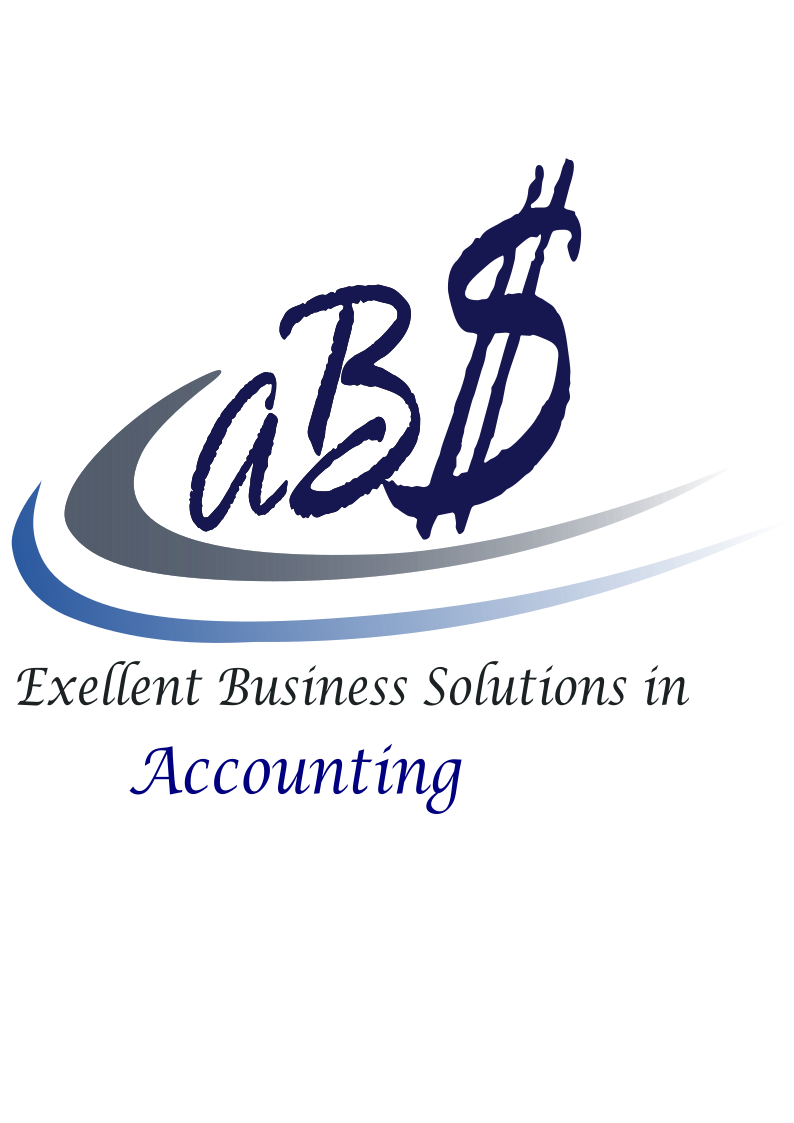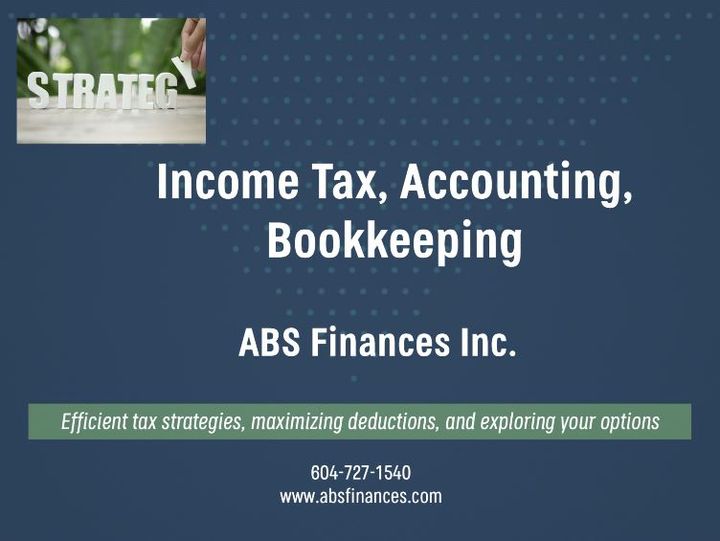Maintaining documentation of Crypto Currency

The Canada Revenue Agency (CRA) has recognized that digital currencies such as Bitcoin, Ethereum, Solona, and Ripple (XRP) are taxable assets, given that they are based on blockchain technology. This technology features a permanent and unalterable ledger that documents and stores all cryptocurrency transactions, obviating the requirement for financial institutions to authenticate transactions. Consequently, many digital currencies are known as peer-to-peer systems.
As the adoption of cryptocurrencies continues to rise among individuals and businesses, the necessity for transparent tax regulations has become increasingly apparent. Although Canadian taxation rules have yet to be fully established by legislation and case law, there are various measures that taxpayers can take to protect themselves and mitigate potential tax issues.
What is the reason for maintaining documentation?
Maintaining a comprehensive record of all aspects of your cryptocurrency transactions is among the most critical measures to safeguard yourself against potential tax audit issues with the Canada Revenue Agency (CRA).
Given that trading, selling, and mining cryptocurrency coins and tokens carry significant tax implications, it is crucial to maintain detailed records of all dealings with the CRA.
For instance, one significant point of contention between individual taxpayers and the CRA is whether a specific transaction should be categorized as capital gain or business income.
Reporting cryptocurrency gains as capital gains, rather than business income, is typically advantageous for taxpayers due to the capital gain inclusion rate, which only taxes half of the capital gains. It is also advantageous to report losses as business losses because they can be entirely used to decrease overall taxable income. However, only half of capital losses, like capital gains, are included as taxable capital losses.
When a disagreement arises regarding whether a specific transaction should be classified as a capital gain or business income, proof is utilized to determine the result. If you do not keep proper documentation, it will be substantially more difficult to demonstrate that your interpretation is correct, and the CRA may challenge your classification, resulting in negative consequences for you. This could potentially cause the taxpayer to pay more taxes than necessary. However, if the taxpayer maintains comprehensive records, this could be avoided.
As it often requires multiple transactions to buy or sell a digital currency, the number of transactions may give the impression of artificially inflating trade volumes. Consequently, keeping meticulous records that outline the objective of each transaction is crucial in presenting an accurate portrayal of the nature and purpose of all trades.
The need to maintain documentation is especially crucial for cryptocurrencies due to the ambiguous classification and regulatory environment surrounding them. For instance, in 2020, the US Securities and Exchange Commission (SEC) lodged a complaint against Ripple Labs' CEO, Brad Garlinghouse, and Chair, Christian Larsen, contending that XRP, the cryptocurrency produced by Ripple Labs, was a security rather than a commodity. This differentiation carries significant regulatory and potential tax implications for cryptocurrency investors. Given the nascent nature of cryptocurrencies and their attendant regulations, maintaining detailed records is a critical safeguard for traders, miners, and stakers.
Record Keeping Requirements
The CRA recently listed crucial information that cryptocurrency traders should keep on record. The agency outlined that traders must record:
- Transaction ID
- Date of transaction
- Cryptocurrency Type
- Purchase price per 1 unit
- Fees for trading cryptocurrency
- Costs (including accounting and legal costs, software costs)
- Exchange rate
- Selling price
- Selling fee, Accounting and legal costs
- Value of cryptocurrency in Canadian dollars
- Cryptocurrency units sold
- ACB (Adjusted Cost Base)
- Proceeds of disposition
- Profit/Loss
- Type of Income (Business, Investment, property sell - capital gain)
- Justification
- Cryptocurrency addresses
- Receipts for purchasing or transferring cryptocurrency
- Wallet records
Additionally, for individuals who trade cryptocurrency as a hobby, the essential records to maintain are likely to be fewer than those required for professional miners or primary business cryptocurrency traders.
Miners must also keep records of:
- Receipts for purchasing cryptocurrency mining hardware
- Receipts for expenses related to mining
- Mining pool contracts and records
- Other records of mining activities
- Disposal of cryptocurrency earned through mining
Individuals who use cryptocurrency as a medium of exchange should follow the first list provided by the CRA. The agency has classified Bitcoin, Ethereum, and XRP, among other cryptocurrencies, as commodities for the purpose of exchange.
Therefore, buying or selling goods and services using Ethereum is considered a barter transaction.
The value of the goods or services in Canadian dollars is the cost and sale price in this case.
For instance, if a kilogram of plums costs $6.00, and an "Applecoin" is used to purchase it, the cost and sale price will be $6.00.
When making a barter transaction, such as buying a good or service, sales taxes, including GST, HST, PST, or QST, may apply and should be recorded.
Service providers are also required to remit and pay these taxes to the government.
A requirement under Section 230 of the Income Tax Act mandates that Canadian taxpayers maintain adequate books and records. This obligation applies to anyone who is obliged to pay taxes or collect income tax, including non-residents conducting business in Canada. These records must be sufficient to ascertain the amount of income tax payable, and must be kept at the individual's place of business or residence.
T1135
Keeping records of cryptocurrency is crucial for complying with the foreign property requirement, which obliges taxpayers who own more than CAD$100,000 in specified foreign property to fill out a Form T1135.
The CRA considers cryptocurrency, such as Bitcoin and Ethereum, as "funds or intangible property," and if held outside of Canada, it is considered specified foreign property, triggering the mandatory reporting requirement.
The $100,000 threshold is an aggregate value, and taxpayers must report it on the T1135 form if their foreign property, including cryptocurrency, is worth that much or more.
Download a free Microsoft Excel spreadsheet template for Cryptocurrency to calculate your profit from cryptocurrency transactions.
Tax Tip:
The requirement under Section 230 to keep adequate books and records for at least 6 years means that if you sold cryptocurrency in a certain year, you must keep the related documentation until six years later. Failure to comply with this requirement could result in criminal charges under Section 238 of the Income Tax Act. To ensure compliance and determine whether your transactions should be reported as capital gains or business income, it's advisable to consult with our team.
Disclaimer:
“Please note that the information provided in this article is of a general nature and may not be accurate for your specific situation. The information is current as of the date of posting and is not intended to provide legal advice. It's always recommended that you consult with a professional accountant and lawyer for personalized guidance and advice."



